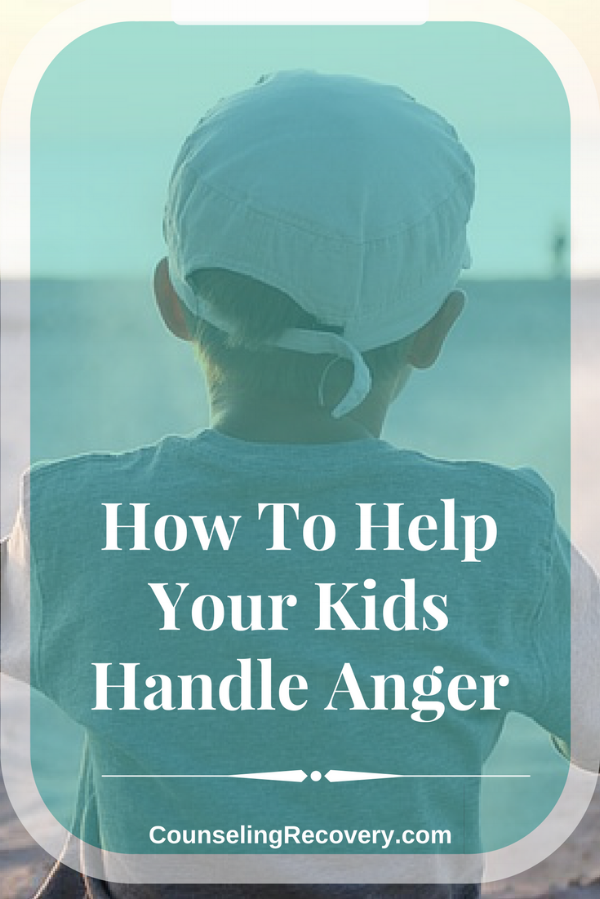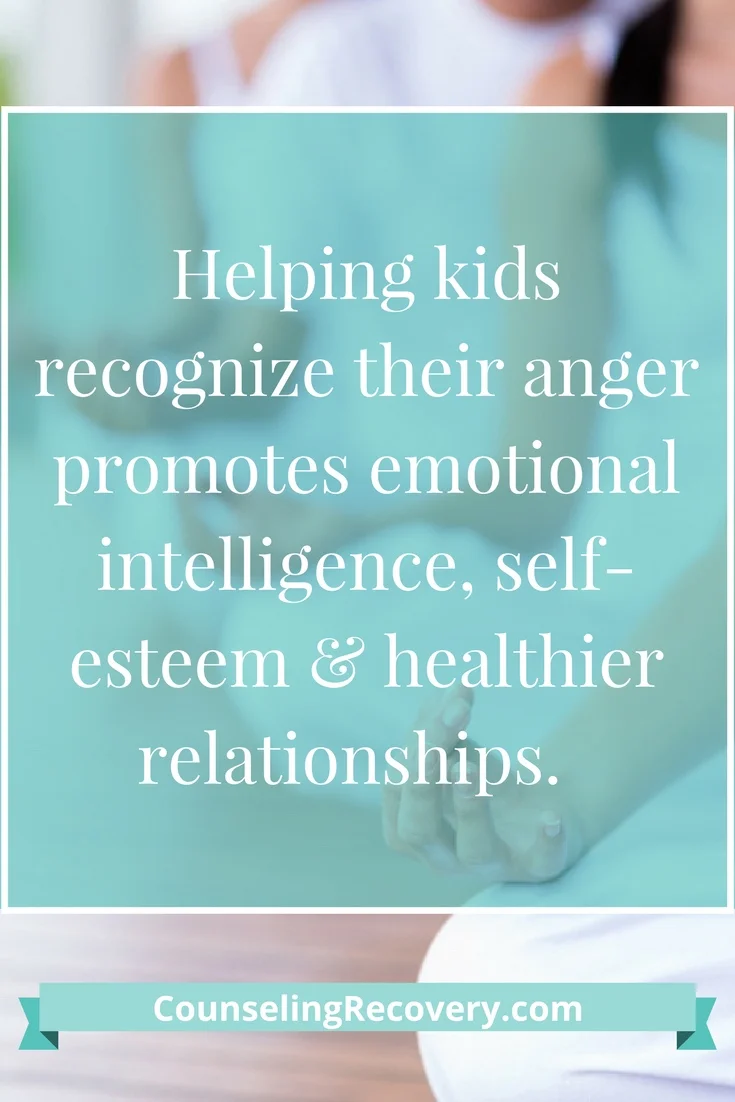How To Help Your Kids Manage Anger
Anger is hard enough for adults to manage so how do we help our kids with it?
If you struggle with anger that doesn’t mean you can't teach your kids about it! There are several things you can do to teach kids how to manage anger effectively!
Keep reading.
Acknowledge Your Anger First
For some of you acknowledging your anger is the hardest part. If your reactions have gotten out of hand (and your kids probably know it) then addressing this feels rather humbling.
As a parent, you have major influence over your kids - especially when they're little. Modeling accountability shows them that it's okay to make mistakes. Most people can’t say that they’ve had healthy role models around anger. Imagine what a difference that would have made!
How to Start Talking About Anger
The first step in teaching kids about anger is to address your own. I know this isn’t easy, but telling them how to do anger when you can’t doesn’t work. If you’re comfortable expressing anger, show them how you do it. It can go something like this.
When I get angry I tend to _______. (be honest and just name it). I want to practice handling anger better. Maybe we can do it together, how does that sound?
If you want your child's behavior to change, it needs to start with you.
By admitting that you feel anger you are setting a healthy example for them to follow. Remember they want to be like you so use it for good! If you're not quite ready for that, next time you overreact, just say OOPS!
For more, read my blog When You Or Someone You Love Gets Angry.
Modeling Healthy Anger
Imagine if your parents would have acknowledged their own anger! Your ability to manage anger and handle conflict would likely have been easier. Instead of struggling to understand anger, you needed permission to feel it.
You are the most powerful role model your kids have but that doesn't mean you have to be perfect. Start by admitting that you get angry sometimes. Show them how to communicate responsibility by using I statements (state how you feel don’t blame others).
For example: “I feel angry when I asked you to do your homework and you didn’t start it.”
Kids want to emulate their parents so use that to your advantage!
Send the Message that Anger is Normal!
It’s important to give kids a clear message that anger is a normal, healthy emotion. They have a right to their feelings. But children often get taught just the opposite - that anger isn't nice or normal. Encourage them to deal with their feelings by giving them permission. Stuffing emotions creates unnecessary stress and impacts their ability to cope.
Talk about what anger looks like without judgment. Encourage them to learn about their strengths and weaknesses.
Your job is to model appropriate anger. In order to do that, you need to understand your own anger first.
Here are some questions to get you started:
What does it feel like in your body?
How can you tell when you’re getting angry?
What thoughts do you have when you’re upset?
Do you tend to blame others or feel guilty when you’re angry?
Tips for Kids and Anger:
Helping kids handle their anger
Recognize early signs of anger - increased heart rate, shaking, feeling annoyed, anxious, clenched jaw, sweaty palms, etc.
Encourage them to express it verbally "I feel angry because ... "
Get moving! Strenuous exercise helps get the anger out in a safe way.
Show them how to stand up for themselves assertively by using I messages.
I feel _____ when you ______ (describe the behavior, no judging).
Listen to fun music and dance it out!
Give the child an empty box to hit with a safe object like a plastic bat.
Encourage them to take a time out.
Model these behaviors yourself.
Have a family discussion about ways to handle anger.
If your anger has been hurtful, use it as a teaching moment. Kids love to see us admit that we are not perfect!
Once kids know what their anger looks like, help them create a game plan. Make it a family activity.
Final Thoughts
Showing kids how to handle anger effectively begin at home. You might not be proud of how you've handled anger in the past. If that’s the case, don’t beat yourself up.
By admitting your own struggles with anger, you are setting a positive example for the entire family.
Join me for weekly relationship tips and access to the one below. Click image below to get started now!



